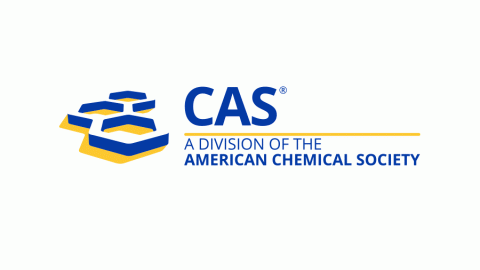Arbuscular Mycorrhizal Colonization Enhances Biochemical Status and Mitigates Adverse Salt Effect on Two Legumes
DOI:
https://doi.org/10.15835/nsb639250Keywords:
Cyamopsis tetragonoloba; electrolyte leakage; Glomus fasciculatum; Glomus mosseae; Glycine max; proline; soil salinity stressAbstract
Symbiotic association between arbuscular mycorrhizal (AM) species and host plant roots improves plant growth and protects them from several abiotic stress factors. In the present study, the effect of Glomus mosseae and Glomus fasciculatum as an individual inoculation and in combination was studied on two legumes (Glycine max and Cyamopsis tetragonoloba) under soil salinity stress gradient [1.04 (control) to 8.26 dS/m]. Individual and co-inoculation of both the AM fungi alleviated adverse salt effect, with improvement in plant dry weight matter and biochemical parameters. However, these two isolates worked better in combination with respect to higher accumulation of soluble carbohydrate, reducing sugar, protein, proline concentration etc. C. tetragonoloba showed better response as compared to G. max in relation to improvement in nutritional profile under salt stress after AM treatment. As compared to non-mycorrhizal counterparts, co-inoculation with G. mosseae and G. fasciculatum in C. tetragonoloba enhanced total chlorophyll (14.83% at soil salinity of 3.78 dS/m), soluble carbohydrate (17.26% at soil salinity of 5.94 dS/m), proline (8.79% at soil salinity of 3.78 dS/m) while exposed to different soil salinity levels. Also, co-colonization with both the isolates showed more root colonization (%) and may be responsible for the better effect in salt stress alleviation. Electrolyte leakage of mycorrhizal plants was lowered at soil salinity gradient of 2.10 to 8.26 dS/m and hence, maintained membrane stability. These two isolates can be utilized as bio-inoculant in alleviation of adverse salt effect in soil in association with the two test legume plants.
Metrics
Downloads
Published
How to Cite
Issue
Section
License
Papers published in Notulae Scientia Biologicae are Open-Access, distributed under the terms and conditions of the Creative Commons Attribution License.
© Articles by the authors; licensee SMTCT, Cluj-Napoca, Romania. The journal allows the author(s) to hold the copyright/to retain publishing rights without restriction.
License:
Open Access Journal - the journal offers free, immediate, and unrestricted access to peer-reviewed research and scholarly work, due SMTCT supports to increase the visibility, accessibility and reputation of the researchers, regardless of geography and their budgets. Users are allowed to read, download, copy, distribute, print, search, or link to the full texts of the articles, or use them for any other lawful purpose, without asking prior permission from the publisher or the author.













.png)















